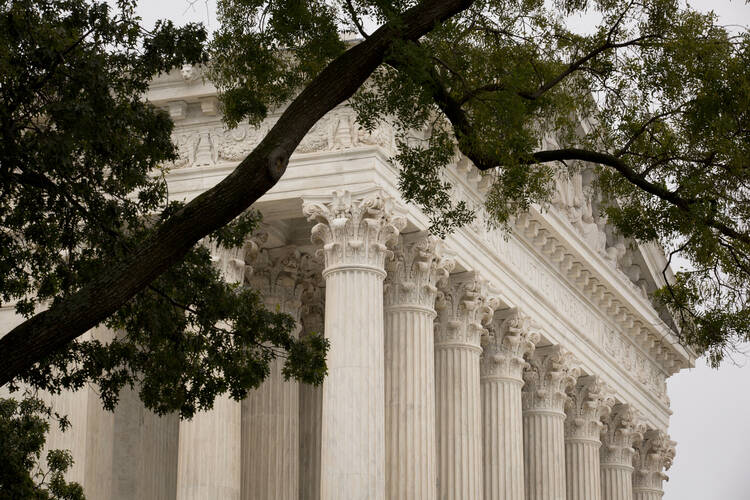Slowly, the death penalty is gaining ground again. Though many states have abolished the practice, residents of Oklahoma, California and Nebraska voted in favor of the death penalty on Election Day.
Nov. 7 marked the start of the federal death penalty trial of Dylann S. Roof, the white 22-year-old who a year and a half ago shot and killed nine African-American worshipers in a church in Charleston, S.C. Meanwhile, at the trials both of Dzhokhar Tsarnaev for the Boston Marathon bombings and of Mr. Roof, relatives of the victims have asked that the lives of the defendants be spared. The N.A.A.C.P. Legal Defense and Educational Fund, prominent civil rights leaders and a majority of black South Carolinians favor life without parole for Mr. Roof. His execution, some say, would only enforce the legitimacy of a punishment applied disproportionately to black people.
Death penalty trials make it more difficult for victims to heal and recover, and sentences are often poorly administered. According to a study from the Columbia University School of Law, courts found a “serious reversible error” in nearly 70 percent of cases reviewed from between 1973 and 1995. But the strongest moral argument against capital punishment is that vengeance corrupts those who demand the death of a fellow human being. As Supreme Court Justice Anthony Kennedy wrote in 2008, “When the law punishes by death, it risks its own sudden descent into brutality, transgressing the constitutional commitment to decency and restraint.” Each person strapped to the table or into the electric chair is redeemable and has a right to live until called by God.








